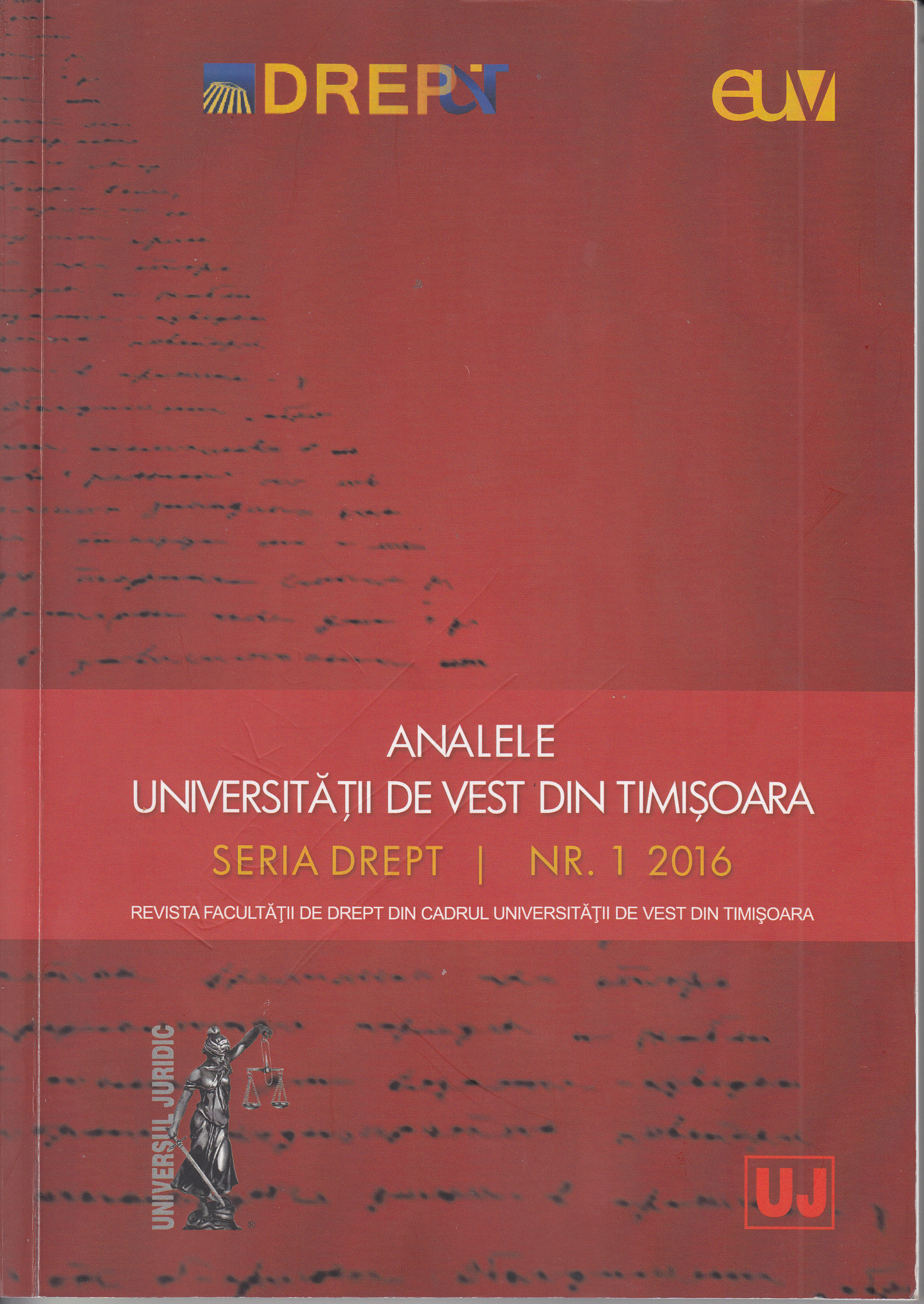Strict Liability versus Schuldprinzip. Lessons from Common Law
Strict Liability versus Schuldprinzip. Lessons from Common Law
Author(s): Laura StănilăSubject(s): Law, Constitution, Jurisprudence
Published by: Universul Juridic
Keywords: strict liability; guilt; culpability; mens rea; Schuldprinzip; criminal intent; correspondence principle
Summary/Abstract: Criminal responsibility is a fundamental institution of criminal law, representing along with the institutions of crime and punishment, one of the "three pillars of the criminal law".. Criminal liability is usually defined as a form of legal liability which is incident when a person by his conduct, violates the precept of criminal legal norm. Modern criminal law has created a dogma of the principle of subjective criminal liability, but various criminal laws do not fall on the same barricades when they have to explain the subjective element of the offense. In this context the imposition of strict liability in the field of criminal law was thought to be unjustified by the most of the doctrine. Scholars argued that it is wrong to convict an innocent because, a person who did not act with a guilty mind is innocent in the sense of criminal law. The strict liability issue deals also with moral questions which are quite difficult to answer. That’s why, strict liability in criminal law was, is and will be a “hot” matter.
Journal: Analele Universității de Vest din Timișoara - Seria Drept
- Issue Year: 2016
- Issue No: 1
- Page Range: 89-105
- Page Count: 13
- Language: English

